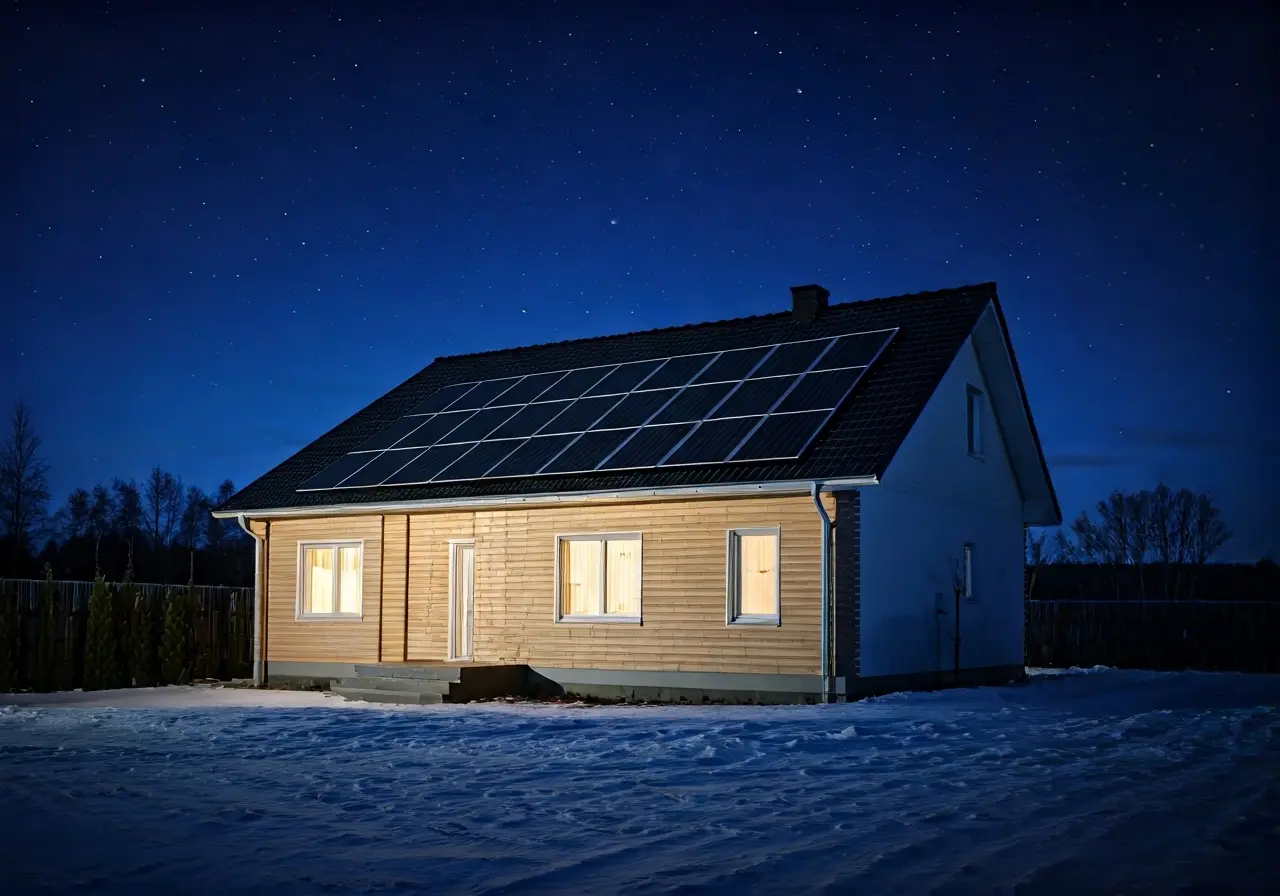Can Solar Arrays Function During Power Outages?
In today's world, solar panels are becoming more popular as a renewable energy source. However, many people wonder whether these solar arrays can continue to function during power outages. In this FAQ blog, we'll explore how solar arrays work and whether they can be relied upon during such events.
Understanding Solar Arrays and Their Functionality
Solar arrays convert sunlight into electricity using photovoltaic cells. They are typically connected to your local power grid to supply energy to your home and send excess power back to the grid.
The basic functionality of solar arrays revolves around capturing the sun's energy. This process begins with the absorption of sunlight by solar panels, which then convert it into direct current (DC) electricity. An inverter is used to transform this DC into alternating current (AC), the type of electricity used in homes. This seamless conversion is what keeps your lights on during sunny hours.
In recent years, there has been a significant advance in photovoltaic technology. These advancements have made solar panels more efficient at converting sunlight to electricity, even during cloudy days. As a result, investing in solar energy has become a more attractive option for homeowners looking to reduce their carbon footprint and enjoy energy savings.
Why Solar Arrays Alone May Not Work During Outages
Many solar arrays are designed to shut down during power outages to prevent backfeeding electricity to the grid, which can pose a danger to utility workers. This means that, unless additional equipment is installed, solar panels alone usually can't provide power during an outage.
It's crucial to understand the safety protocols associated with grid-tied solar systems. During a power outage, your solar system's inverter will automatically shut down power production. This is to ensure the safety of utility workers who might be repairing power lines. Without the appropriate safeguards, these workers could be exposed to dangerous live wires.
For those living in areas prone to frequent outages, relying solely on solar arrays might not be practical without an auxiliary power solution. Nevertheless, having a clear understanding of your solar system's capabilities ensures you won't be left in the dark unexpectedly.
The Role of Battery Storage Systems
To maintain solar power during an outage, you need a battery storage system. These systems store excess energy generated by your solar panels, which can then be used when the grid is down.
Battery storage systems have transformed the potential of solar arrays dramatically. By storing surplus electricity generated during the day, the batteries provide a steady supply of power even when the sun sets or when there's a grid failure. This ensures you have electricity when you need it most.
There are several types of battery storage options available in the market, from lithium-ion to lead-acid batteries. Each has its benefits and expenses. For instance, lithium-ion batteries boast a longer lifespan and greater efficiency, making them a popular choice for homeowners seeking reliability and longevity.
Hybrid Inverter Systems: A Possible Solution
Hybrid inverters can allow solar arrays to function during outages by managing the power stored in batteries and distributing it for immediate use, ensuring continuous power supply even when the grid is offline.
The integration of hybrid inverters marks a significant advancement in solar technology. These devices enable the seamless shift from grid dependency to energy self-sufficiency by coordinating the flow of electricity between your solar panels, battery, and home. They intelligently prioritize energy usage to maximize both your savings and energy efficiency.
Choosing a hybrid inverter system offers flexibility. By combining the grid, solar energy, and battery storage, you can reduce energy costs and secure stable power during outages. Additionally, some hybrid systems include features that allow for future scalability, such as adding more panels or expanding battery capacity.
Conclusion and Considerations for Solar Array Owners
Before investing in solar arrays with the hope of using them during outages, consider consulting a professional about battery backup or hybrid systems to fit your energy needs and budget.
Evaluating your household's energy needs is vital. It involves assessing your daily and emergency electricity requirements, the potential savings on power bills, and the upfront investment costs. Speaking with an experienced solar consultant can help clarify the best system setup tailored to your circumstances.
For those considering solar energy for their properties, it's important to think long-term. Solar panels can increase your property's value, while saving you money on energy bills—a win-win scenario. As the technology continues to evolve, embracing the combination of solar arrays and hybrid systems could be a wise move for sustainable living.
Final Thoughts
In summary, while solar arrays have the potential to function during power outages with the right setup, such as battery storage or hybrid systems, it's essential to understand the limitations and make informed decisions based on your needs. With proper installation and equipment, you can indeed maintain energy security even during outages.


